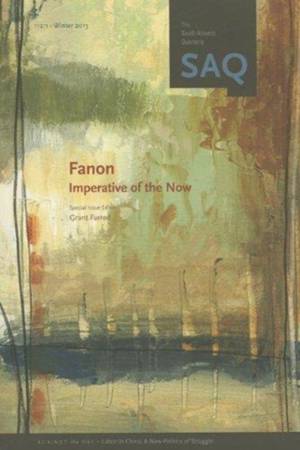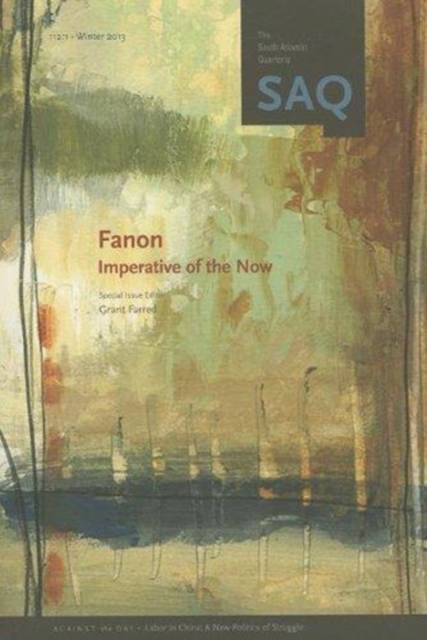
- Afhalen na 1 uur in een winkel met voorraad
- Gratis thuislevering in België vanaf € 30
- Ruim aanbod met 7 miljoen producten
- Afhalen na 1 uur in een winkel met voorraad
- Gratis thuislevering in België vanaf € 30
- Ruim aanbod met 7 miljoen producten
Zoeken
€ 16,95
+ 33 punten
Omschrijving
This collection of essays marks the fiftieth anniversary of the publication of Frantz Fanon's classic study of anticolonial struggle, The Wretched of the Earth. Scholars explore the relevance of Fanon's work for current modes of psychoanalysis, postcolonial theory, and political thought. One contributor reposes a classic question of postcolonial scholarship: what does it mean for a colonial Caribbean man to practice a Continental intellectual tradition? Others identify Fanon's experiences working at a mental institution in colonial French Algeria as a powerful influence on his psychoanalytic perspective. This issue revitalizes Fanon's canonical status as Third World theorist by asserting that the main imperatives of Fanon's work remain as urgent as ever: combating the psychic and physical violence of colonialism, achieving real forms of liberation for colonized peoples, and ending the degradation of people of color.
Specificaties
Betrokkenen
- Auteur(s):
- Uitgeverij:
Inhoud
- Aantal bladzijden:
- 215
- Taal:
- Engels
- Reeks:
Eigenschappen
- Productcode (EAN):
- 9780822367826
- Verschijningsdatum:
- 1/01/2013
- Uitvoering:
- Paperback
- Formaat:
- Trade paperback (VS)
- Afmetingen:
- 152 mm x 229 mm
- Gewicht:
- 272 g

Alleen bij Standaard Boekhandel
+ 33 punten op je klantenkaart van Standaard Boekhandel
Beoordelingen
We publiceren alleen reviews die voldoen aan de voorwaarden voor reviews. Bekijk onze voorwaarden voor reviews.











